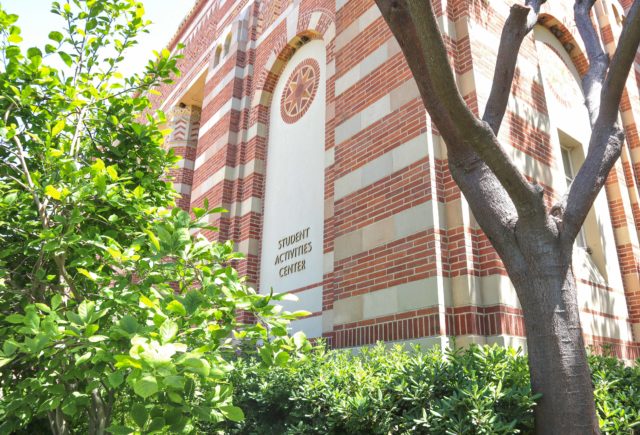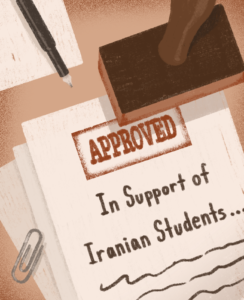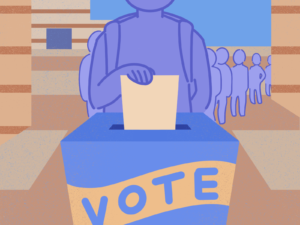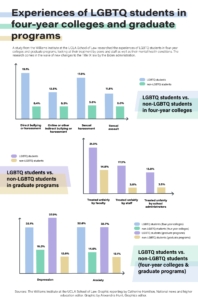The Undergraduate Students Association Council unanimously passed a resolution Nov. 7 calling on the university to hire a full-time paid employee to oversee the Collegiate Recovery Program, a program that helps students with recovery from addiction.
The resolution also called on university administration to allocate a space on or near campus for students in recovery to meet with and support each other.
USAC External Vice President Eva Jussim said she sponsored the resolution as part of a systemwide push by the UC Student Association for more resources to support students in recovery from addiction.
“It’s really important that we fight for staffing in a lot of different physical and mental health provisional services at UCLA,” she said.
Jussim added that even though the resolution does not directly allocate any funds toward recovery programs, she hopes it will create pressure for the administration to deliver more resources in future fiscal years.
The Collegiate Recovery Program is part of the Bruin Resource Center. Currently, the center provides a wide range of support services for UCLA students, such as drop-in advising sessions and emergency scholarships, said Andrew James-McClure, director of the Bruin Resource Center.
“Our main goal is to first and foremost just build community, let students know that they’re not alone at this university,” he said. “We bring them together. We let them know that we are here to support them. We are here to make this campus as safe as possible for them.”
He added that the center’s current approach toward students in recovery is focused on community building, including through social events, workshops and drop-in services for students.
However, Jenna Tooley, one of Jussim’s staffers on the office’s UC relations team, said that because the Bruin Resource Center serves so many students, she feels that it would be difficult for the center to specifically focus on recovering students without a full-time paid staffer dedicated to them.
“It’s not guaranteed that these students that are in recovery are getting the adequate support and resources that they need,” Tooley said. “Providing a full-time staffer for the Collegiate Recovery Program specifically … will ensure that students in recovery are getting sufficient support.”
James-McClure said that while the Bruin Resource Center currently has an employee whose responsibilities include overseeing the program, he feels having an additional full-time staffer would be helpful in allowing the center to provide services for students in recovery.
“This population is a population that typically flies under their (the university’s) radar, and people don’t generally discuss recovery – they generally don’t like to bring it up in university circles,” he said.
However, despite the support for the resolution, Jussim said she expects there to be bureaucratic obstacles before changes can be made to the center.
“I think the big obstacle is, (as) with similar initiatives, getting UCLA to listen,” she said. “The biggest barrier there is having the resources and the time and the consideration to make this a priority on the administrative and bureaucratic side of things.”






Comments are closed.